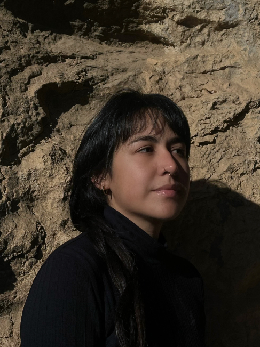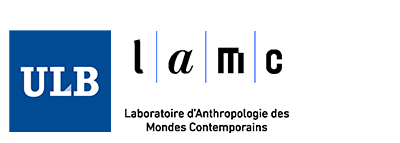Dans la même rubrique
-
Partager cette page
MORANÇAY Céline
Doctorante
 |
Adresse visiteur Adresse courrier Université libre de Bruxelles celine.morancay@ulb.be |
Présentation des recherches
Thèse : « Bringing a territory into being: legal recognition, property, and quechua territorial categories in the puna highlands of Cusco (Peru) »
In recent decades, numerous Andean communities have engaged in legal recognition and land titling processes within a broader framework of territorial defense, state integration, and property formalization policies set out by Peruvian institutions. In this research, I examine how such processes are reshaping property relations in high-altitude Andean communities in Peru. Focusing on a former pastoral annex situated above 4,000 meters in the province of Urubamba that was legally recognized as an autonomous peasant community (comunidad campesina), my study explores how community members engage with legal and technical frameworks of property rights, reinterpret them through local practices, and enact territory as a political and social space.
Drawing on long-term ethnographic fieldwork and an analysis of the legal recognition process, I explore the practices and negotiations involved in obtaining official recognition, including interactions with state actors and the use of technico-legal tools such as cadastral maps and official documents. This is complemented by an oral history approach — developed as part of the research restitution for the community — aimed at tracing the historical emergence of the settlement through vernacular Quechua categories mobilized in local narratives.
I ask how legal norms are locally appropriated, how documents are performed and contested, and how Quechua territorial categories shape local understandings of property. More broadly, I interrogate how the recognition process transforms what it means to “possess,” “legitimize,” or “defend” a territory in a contemporary Andean context. With this work, I aim to contribute to broader debates on law, territory, and Indigenous autonomy in Latin America by showing how legal recognition can simultaneously strengthen certain forms of community autonomy while also generating new forms of constraint.
